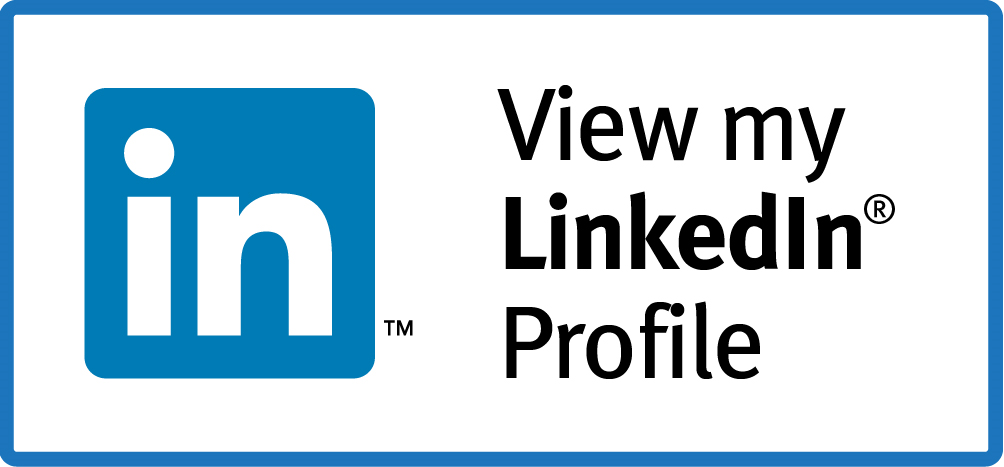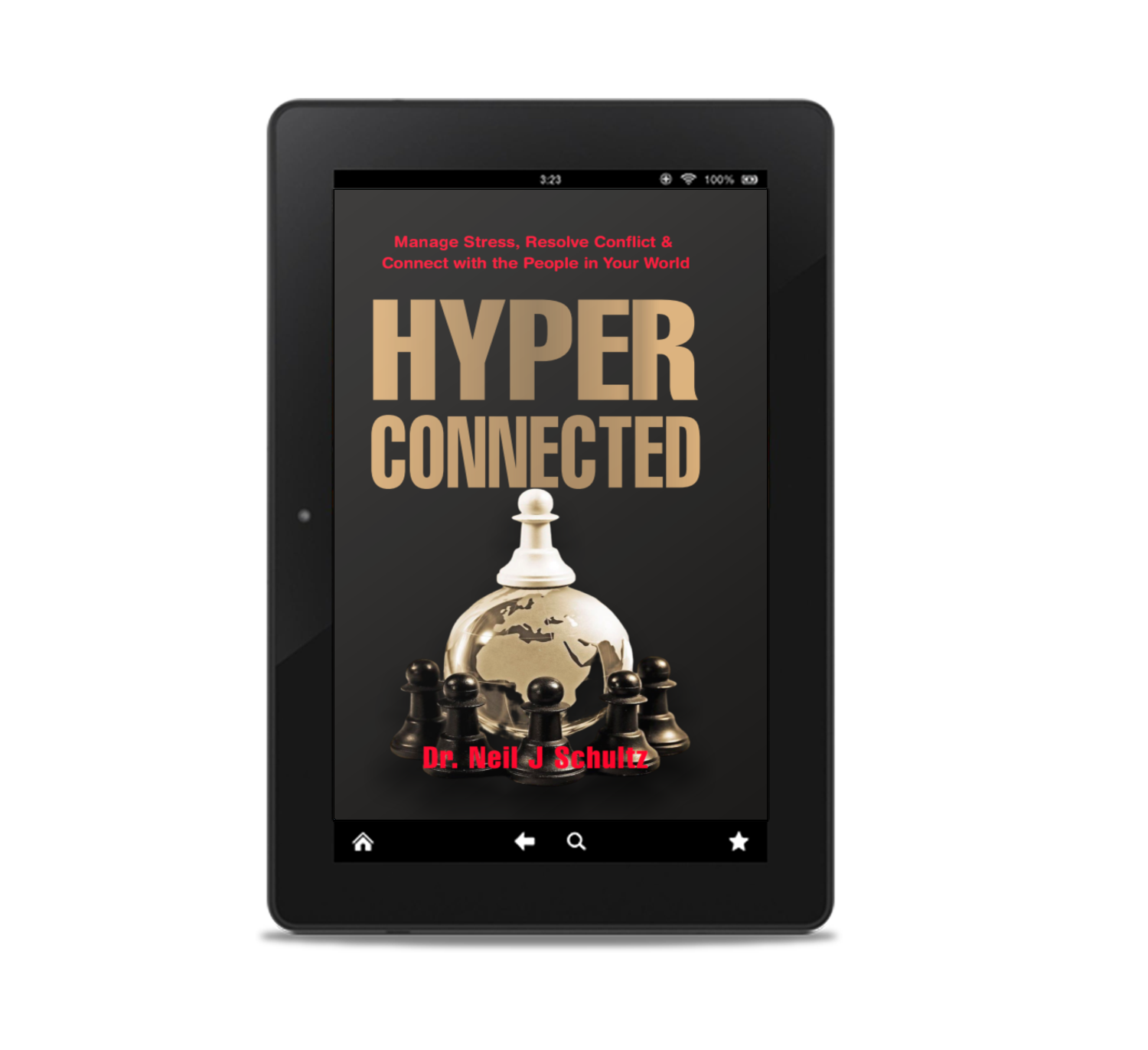Why Ask the Interviewer Questions?
Job interviews cause anxiety. Usually, the focus is on answering questions and when the candidate is asked if they have any questions, many candidates often answer a simple ‘no’. However, asking questions of the interviewer is an important part of the process for two reasons:
- Questions Impress the Interviewer. Candidates who ask relevant questions impress interviewers more. Asking questions of the interviewer forces the interviewer to be engaged with you. By being more engaged, the interviewer knows you are prepared for the interview and thoughtful about the process. When the interviewer is comparing candidates, you will be more memorable and rated more highly.
- Understand the Job. You surely have questions about the job you are applying for. Even if you are desperate to get the job, it still makes sense to know what you are signing up for.
There is no set ‘list’ of questions that you must ask and you will need to be flexible and mould your questions depending on the interview. The questions you consider will be determined by the things that are of real interest to you and how you want to pitch yourself to them. You should have considered issues beforehand and developed some questions to develop the understanding that you need and to focus the attention of the interview on you. The following questions might help you develop some ideas.
Questions to Scope the Details of the Role
If I were selected for the role, what challenges or problem areas would you hope that I could immediately help solve?
You will have done some research into the company’s operations, the role and perhaps their clients. This question aims to expand your understanding of the company and particularly what might be required of you. Importantly, it also allows you to further discuss those tasks raised and explain how you are the best person for the role.
Can you describe a typical day or week in the job?
This question is designed to help you understand how your days might be spent. Job descriptions often provide lists of things that need to be achieved. However, a list does not reveal how much of anything is done. If the answer is vague, you can ask them to describe the last week or month.
What do people tend to like and not like about this position?
All jobs have good and bad features, but it is good to know what they might be. It is more helpful to learn what those doing the job think rather than just what the HR manager thinks.
Can you tell me about the types of projects that I might work on during the next six months or so and who would I be working with?
The aim is to give you more information about the role, how the role fits into the organisation and how it fits in with other people within the organisation. The real importance of this question is to ensure that your expectations of the role and the organisations expectations are closely aligned. If they are not, you might need to reconsider whether this is the best job for you.
Questions about the Organisational Culture
How long did the previous person in the role stay in the job? Have there been issues with turnover of the role?
This question may speak to culture as well as issues related to the role but either way, if there have been problems with high turnover or people not staying in the job for long, it raises a red flag. If you are concerned, you should try to probe the situation more carefully, you may not want to accept a job that is problematic.
When you think of your best employees, what made them the best and what do you believe helped them really deliver for you?
This is similar to a question that we often ask clients. It helps us to understand what the client is really looking for and it can help you, as the candidate, do the same. You will potentially learn about their ideal candidate from the perspective of personality, skills, and experience. This may help you prepare for a later interview or contact, so that you can focus on the qualities that they are really looking for.
Why do you love working here and is there anything about the culture that you find especially interesting?
You are seeking a personal response from the interviewer. This might seem a bit cheeky, but the personal approach can reduce the formality of the process and alter the tone of the meeting. The extra connection will be remembered favourably as the interviewer compares candidates. Of course, you will also learn about the business culture which you can also use to make your own decision about whether you want to accept a job if it is offered.
How would you describe the culture in the company and what sort of people do you find really do well? If there are people who do not do as well, what is it about them that makes it harder?
You may find out about whether the company’s culture is very hierarchical, and rule driven; or at the other end of the spectrum, a relaxed collaborative organisation. This will help you decide if the company is a good fit for you. Remember that interviews are not just about the company deciding if you are good for them. You need to be comfortable that they are good for you too.
Question to Highlight Your Ability
If I were selected for the role, are there some things that I could immediately do to help the business achieve goals?
Here, the interviewer learns that you are a team player and already looking for ways to help the company. If also gives you more information about how to approach any future interviews for this role and allows you to further prepare and be more focussed in the next stage of the interview process.
Questions to Explore the Next Stages
What will be the next steps in this process? What is your timeline?
These two questions will give you an understanding of what the company is expecting in terms of the employment process and how long it will take. Some companies, especially larger organisations, may have quite protracted processes while others make decisions quickly. It is helpful for you to understand this process moving forward. It also allows you to discuss a willingness to go through there processes and signify that you are already playing for the team.
Dr Schultz spent 22 years working in psychiatry and then went on to qualify as a lawyer. He has spent 34 years helping people solve problems and the unique combination of medicine, psychiatry, law and mediation provides a unique academic and practical approach to life's challenges.









